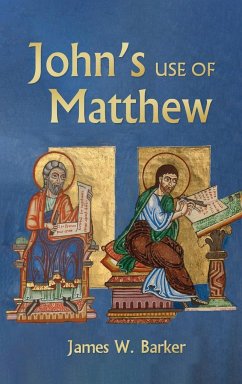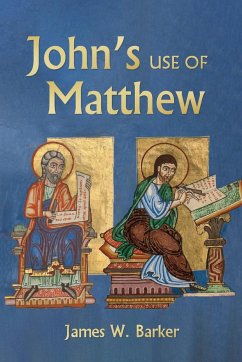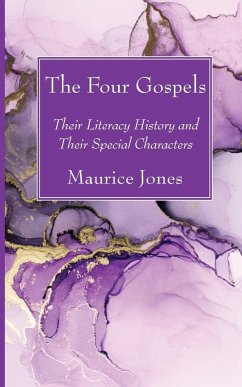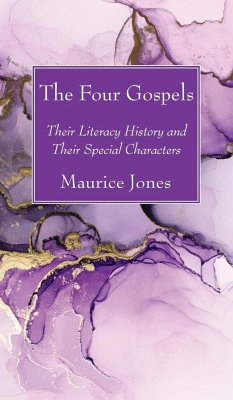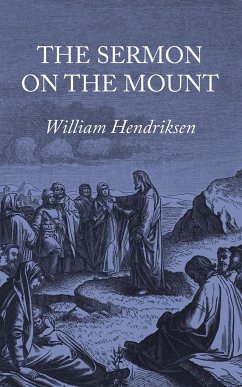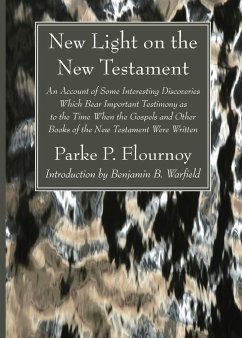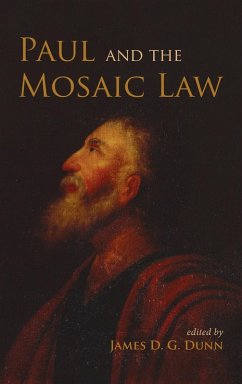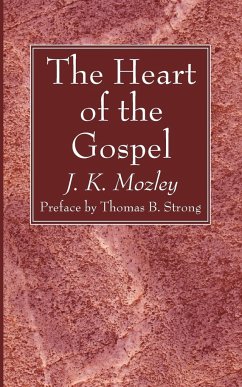The Gospel of John's relationship to the Synoptic Gospels is a perennial question. For centuries, the Gospel of Matthew has been considered the least likely of possible written sources of the Fourth Gospel. In an ambitious reappraisal, James Barker demonstrates John's use of the redacted Gospel of Matthew. After reviewing the history of interpretation on the question, Barker develops three case studies. Concerning ecclesial authority, Barker contends that John's saying concerning forgiving and retaining sins derives from Matthew's binding and loosing logion. Regarding proof from prophecy, he argues that John relies on Matthew for Zechariah's oracle about Israel's king entering Jerusalem on a donkey. Finally, he argues that John's inclusion of Samaritans contrasts sharply with Matthew's exclusion of Samaritans from the early church. Although John's engagement with Matthew was by no means uncritical, Barker at last concludes that John intended his Gospel to be read alongside, not instead of, Matthew.
Hinweis: Dieser Artikel kann nur an eine deutsche Lieferadresse ausgeliefert werden.
Hinweis: Dieser Artikel kann nur an eine deutsche Lieferadresse ausgeliefert werden.

